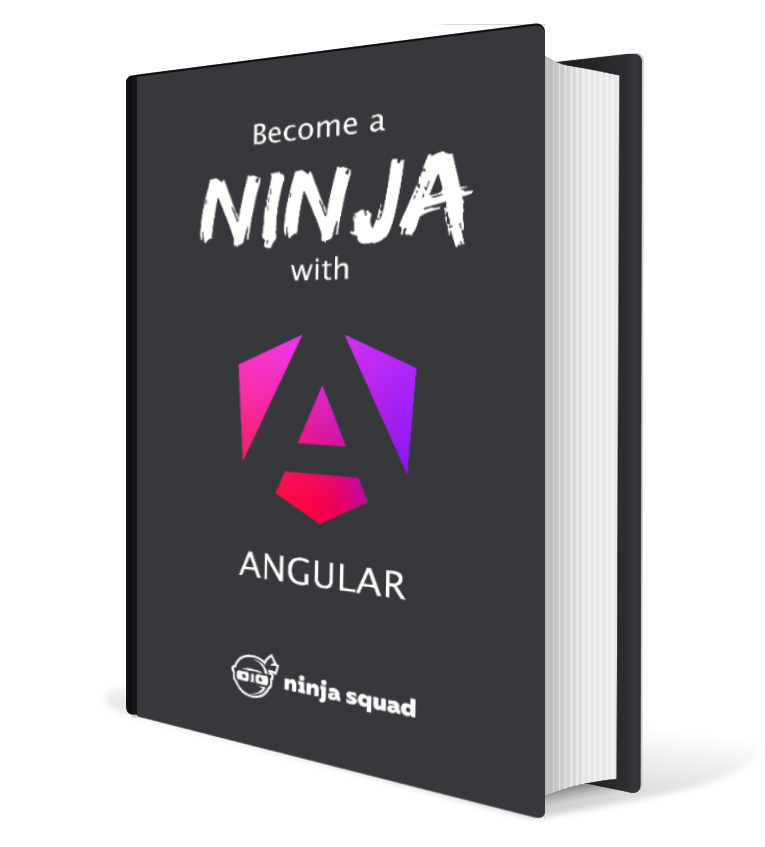What's new in Angular CLI 7.2?
Angular CLI 7.2.0 is out!
If you want to upgrade to 7.2.0 without pain (or to any other version, by the way), I have created a Github project to help: angular-cli-diff. Choose the version you’re currently using (6.2.1 for example), and the target version (7.2.0 for example), and it gives you a diff of all files created by the CLI: angular-cli-diff/compare/6.2.1…7.2.0.
It can be a great help along the official ng update @angular/core @angular/cli command.
You have no excuse for staying behind anymore!
Let’s see what we’ve got!
TypeScript 3.2 support
As Angular 7.2 now supports TypeScript 3.2 (check out our article about Angular 7.2), the CLI officially supports it too.
New flag and flag values for ng build
new resourcesOutputPath option
It is now possible to specify where resources will be placed, relative to outputPath.
In short you can ouput your CSS in other instead of the root of the output folder with:
ng build --resources-output-path=other
sourceMap fine-grained values
The sourceMap flag of ng build used to take a boolean value:
true to generate the source maps for styles and scripts,
false to ignore them.
It can now take a more fine-grained value, as you can now give an object to configure if you want
only the scripts source maps, the styles source maps, the vendor source maps, or the hidden source maps,
a new feature to generate this special kind of source maps that some error reporting tools like Sentry use.
"sourceMap": {
"scripts": true,
"styles": true,
"hidden": true,
"vendor": true
}
The vendor option replaces the now deprecated vendorSourceMap flag.
optimization fine-grained values
Similarly, the optimization flag used to take a boolean value:
true to activate scripts and styles optimization,
false to ignore them (leading to faster builds).
Now you can activate one or the other, as optimization can now take an object to configure it:
"optimization": {
"scripts": true,
"styles": true
}
Build Event Log
A new flag called buildEventLog has been added to ng build.
This flag needs a filename as a parameter and will generate the specified file,
with a timeline of the build events.
Currently, running ng build --build-event-log log.txt generates:
{"id":{"started":{}},"started":{"command":"build","start_time_millis":1544793799294}}
{"id":{"finished":{}},"finished":{"finish_time_millis":1544793807037,"exit_code":{"code":0}}}
As you can see, it only logs a started and finished events for now.
This is heavily inspired by the Build Event Protocol,
and we will probably get a more detailed report in the future (this is probably introduced with the future Bazel build in mind).
New flag for ng update
A new verbose flag is available for this command to detail what exactly is going on and help debug potential issues.
Flag deprecations
The CLI added the possibility to deprecate a flag in a schematic (with the x-deprecated field in a schema).
The team took the occasion to deprecate a few flags from the CLI itself:
evalSourceMapinng build/serveas it could be used to improve build performances, but isn’t needed anymore.vendorSourceMapinng build/serve, as it has been replaced, see above.skipAppShellinng build/servefor a Web application as it had no effect.styleextinng generate, and should now bestyle. It is used to specify the extension of the style file of a new component (for example,ng generate component user --style scss).specinng generate, and should now beskipTests. It is used to not generate tests (for example,ng generate component user --skip-tests).
Flag override warning
Note that you will now have a warning when you specify a flag several times in the same command. It used to pick the last one silently, and now it will still do the same and also warn you that there is something weird going on:
> ng build --aot --aot=false
Option aot was already specified with value true. The new value false will override it.
But it doesn’t warn you if you use: ng build --prod --aot=false.
That’s all for this small release, I hope you enjoyed reading this blog post. Stay tuned!
All our materials (ebook, online training and training) are up-to-date with these changes if you want to learn more!



